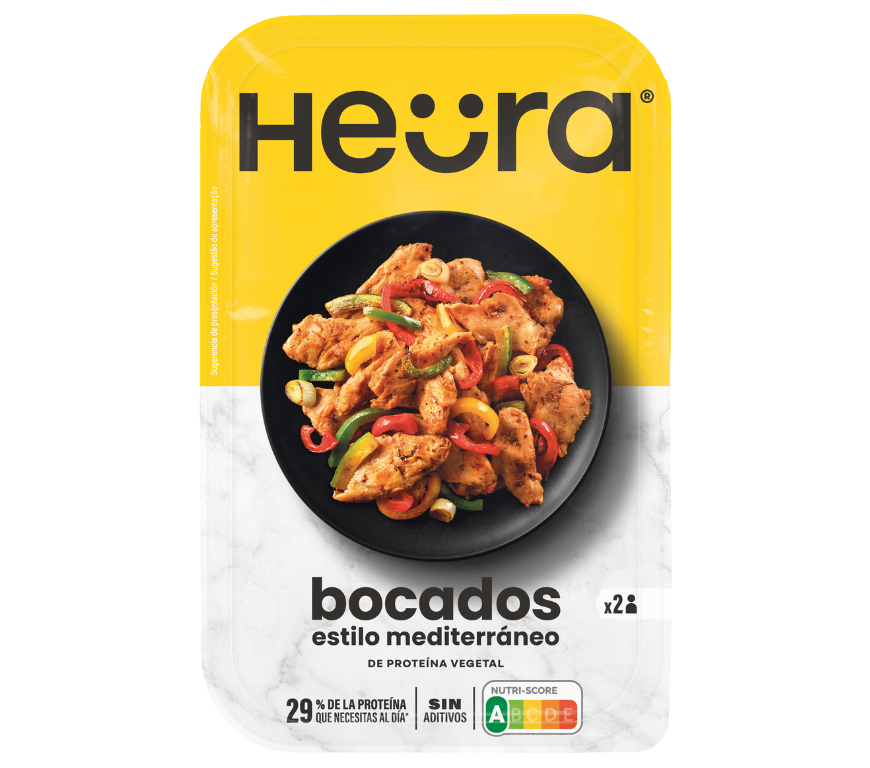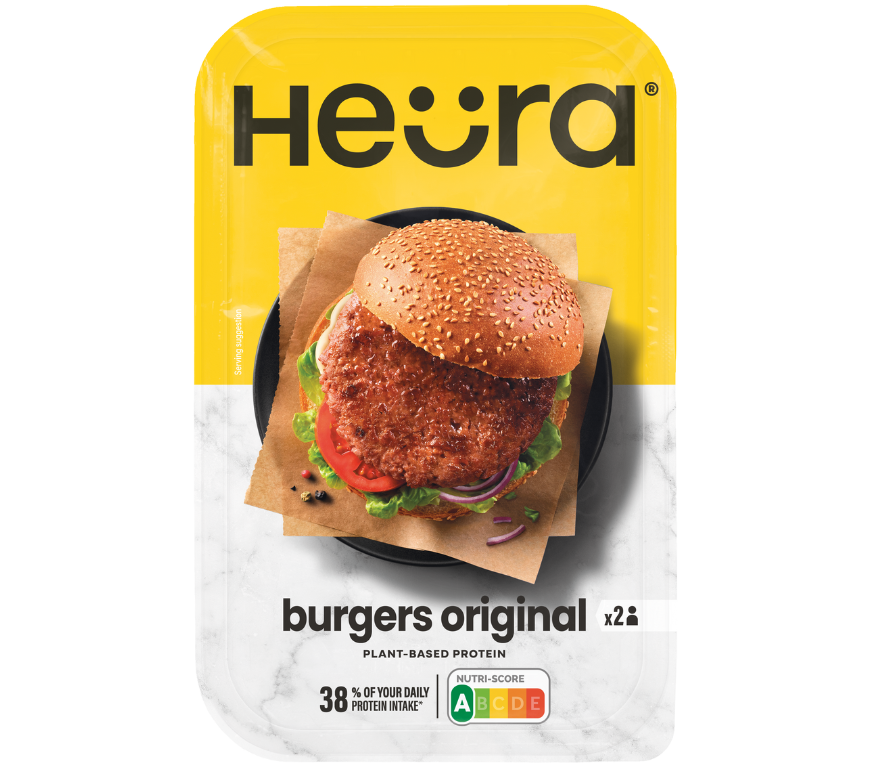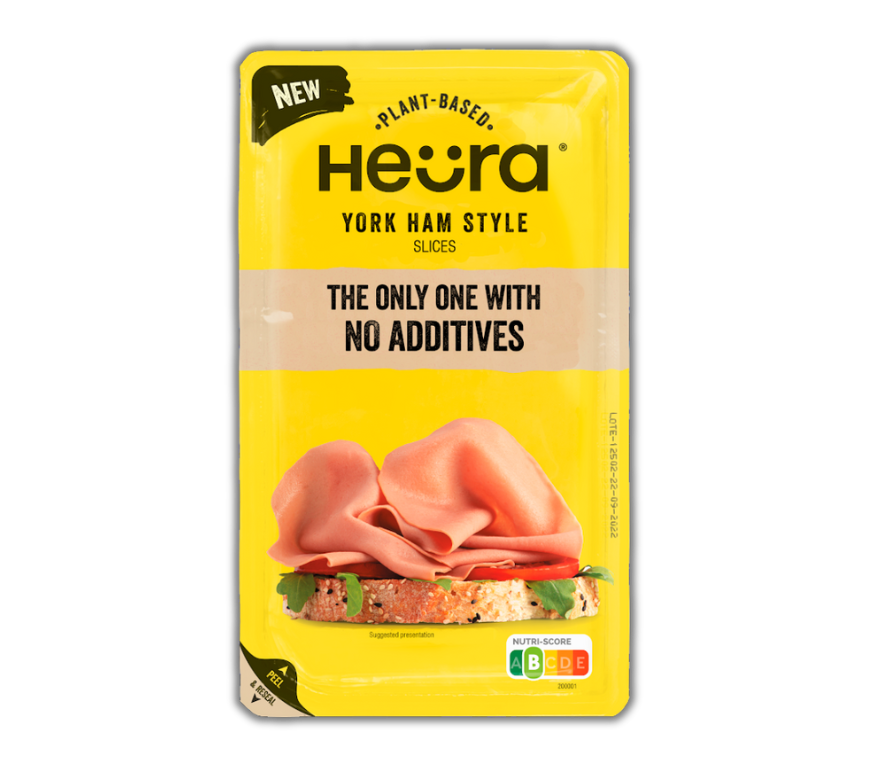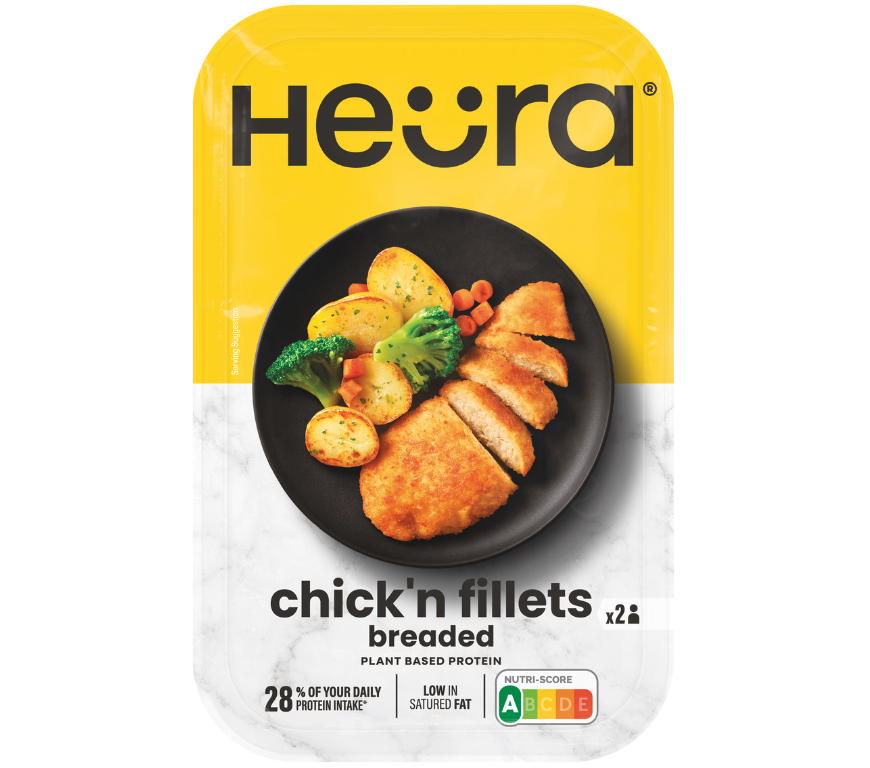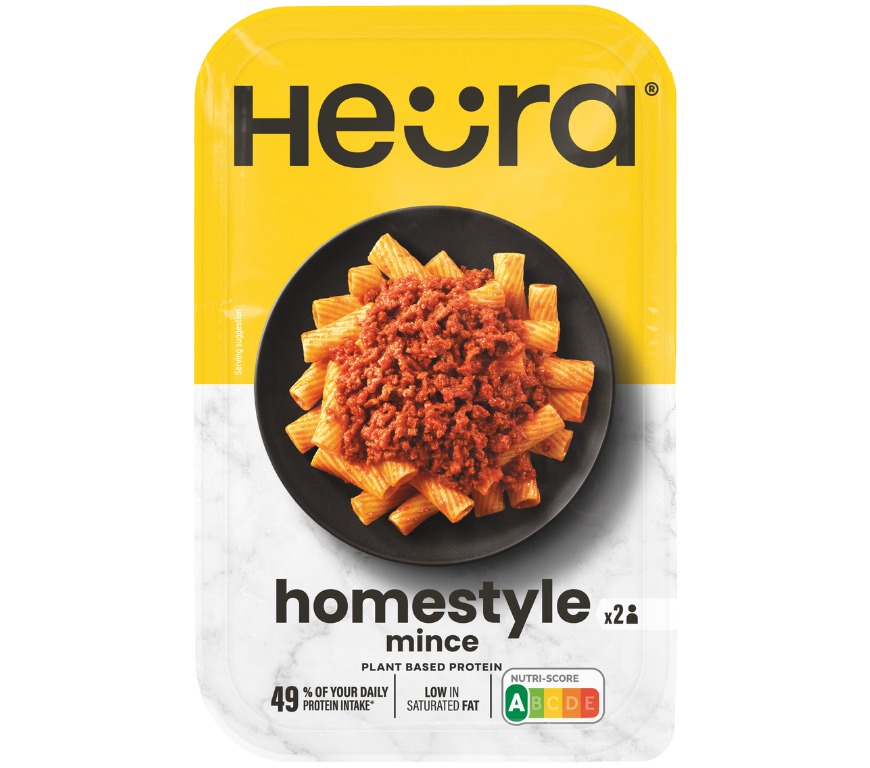6 Myths About Plant-Based Meat: What Do the Experts Say?
By now, you've probably realized that plant-based meat is no longer just for vegans and vegetarians. In fact, 85% of Spaniards would consume more plant-based meat if they knew about its benefits for health, sustainability, and taste. But what are these products really like? What are their benefits? And why are more and more celebrities – like Natalie Portman or Dani Rovira – and athletes – like Fernando Alonso or Olympic medalist Novak Djokovic – advocating for this type of diet? Sara Martínez, dietitian-nutritionist, highlights some of the most relevant findings from this study and reveals what’s true and what’s not behind some of the most well-known myths about plant-based foods, particularly plant-based meat.
Spain is currently the top country in Europe and the seventh in the world in terms of per capita animal meat consumption. According to FAO data, the average consumption is 100 kg per person per year, far exceeding the 21 kg recommended by the WHO. Despite these figures, the consumption of animal meat per person has decreased by 18% among Spaniards.
Are we on the right track?
Let’s take a look at these myths and what the data says, according to Sara Martínez, expert dietitian-nutritionist.
MYTH 1: ‘Plant-based meats are only for vegetarians and vegans’
Contrary to popular belief, it’s not only vegetarians or vegans who typically consume plant-based foods. According to a study conducted by Heura, 6 out of 10 Spaniards have consumed a plant-based burger or other plant-based meat product in the last 6 months, and 10% of those who haven’t tried it yet are considering doing so soon. Furthermore, various published studies confirm that more and more people who are neither vegetarians nor vegans are reducing their consumption of animal meat in favor of plant-based alternatives.
So, who is leading this change? According to the study, in Spain, northern regions such as La Rioja, Navarra, and Galicia are the areas most eager to increase their intake of plant-based meat, surpassing other communities like Madrid and Catalonia, where this category is already more established.
For Sara Martínez, "the inclusion of plant-based proteins in the diet is a beneficial nutritional strategy for everyone. Integrating plant-based protein sources can help reduce the risk of chronic diseases, improve weight management, and support cardiovascular health. Recent studies, including one from Tufts University, have shown that diets rich in plant-based proteins are associated with better cardiovascular health and lower incidence of obesity (Messina, 2022). Diversifying protein sources enriches our diet, making it more sustainable and nutritionally balanced, provided it is well-planned, as with any diet."
MYTH 2: Plant-based meat is not healthy because it is a processed food
One of the most widespread beliefs is that any food that undergoes some form of processing is unhealthy. However, the study shows that this perception is changing, and experts emphasize what should be considered in plant-based proteins like tofu or soy.
When asked if they thought plant-based burgers were healthier than animal meat burgers, 71.4% of respondents agreed with this statement. Additionally, only 8% considered plant-based meats to be ultra-processed products.
Sara Martínez explains, "It’s important to emphasize that not all processed products are the same. In the case of plant-based alternatives, if they are well-formulated, they offer an appropriate nutritional profile, rich in protein, fiber, and essential micronutrients. The key is to pay attention to the quality of the ingredients and how they fit into your diet," she adds. "So, there are products that, although processed, are healthy options."
For example, in the case of Heura, their foods offer high-quality protein, amino acids, are fortified with vitamin B12, are a source of fiber, and are low in saturated fats derived from legumes. Ultimately, the important thing when choosing the right foods is understanding their nutritional value and the effect they have on our metabolism.
MYTH 3: Plant-based meat doesn’t taste good because it lacks flavor
In 2024, the belief that you have to sacrifice flavor when incorporating plant-based alternatives into your diet is already outdated. Today, there are plant-based options on the market with a taste and texture very similar to animal meat, making them ideal for those who want to follow a veggie diet without giving up the pleasure of the meat-eating experience.
Earlier in this article, we highlighted how 85% of Spaniards are in favor of adding plant-based products with a meat-like flavor to their shopping carts. Looking at the results by region, people from Cantabria are the most supportive, along with those from La Rioja and Aragón. By age, people over 45 are the most resistant to plant-based meat, compared to younger individuals (between 25 and 34 years old), of whom only 1.6% reject it.
"Those who choose to consume plant-based meat products want to enjoy the experience of eating meat, but without compromising their health. There are plant-based meat options on the market that, contrary to what some believe, meet expectations in terms of taste and texture. This allows us to continue enjoying our favorite foods while taking care of our long-term health, promoting a more balanced and varied diet," emphasizes Sara Martínez.
MYTH 4: Plant-based meat is not more sustainable than animal meat
More and more people are becoming aware of the environmental impact of their consumption habits. However, there is still a lot of misinformation about the impact of certain foods, such as plant-based meat. What is more sustainable, recycling or replacing animal meat with plant-based alternatives? According to the World Bank's What a Waste 2.0 report, recycling has an average impact of 5-9% in reducing emissions, while the Livestock's Long Shadow report states that reducing the carbon footprint of a plant-based diet can range from 75-90%.
But what do consumers think? The study concludes that 63.8% of Spaniards rank replacing animal meat with plant-based meat as the fourth most impactful environmental measure, behind (in order) recycling, using renewable energy sources at home, or reducing water consumption. However, experts are clear: just by replacing one beef burger with a plant-based one per week, you reduce more CO2 than saving one hour of electricity in an average home.
Data collected by Heura in their Impact Report (2023) revealed that between 2021 and 2023, they managed to reduce their environmental footprint per kilogram of product by 23%, while their different product lines reduce CO2 emissions by between 76% and 94%, with “beef” showing the greatest difference.
According to Sara, "Opting for plant-based proteins typically requires fewer natural resources, such as water and land, and generates fewer greenhouse gas emissions compared to animal meat production. By integrating more sustainable options into our diets, we can contribute to the preservation of the planet while promoting a balanced and responsible food model."
MYTH 5: It’s just a trend among younger generations
Although it may be believed that plant-based meat is more focused on younger consumers, given their greater involvement in health and environmental issues, the reality is that, according to data from the study, among those who have consumed plant-based meats, the vast majority (67%) are over the age of 35.
In fact, concern for health and well-being is an important pillar in Spanish society. According to data from the STADA Health Report 2024, Spaniards are among the Europeans who take the most care of their health, as they attend preventive check-ups 41% more than the European average and engage in physical activity at a rate of 62%, compared to 50% of the European average. This shows that concern for personal well-being and the adoption of healthy habits, such as consuming plant-based foods, are strong motivations for the population.
"As a nutritionist, I’m seeing more and more clients who are not just following a trend among younger generations but are part of a growing movement across all ages towards greater health awareness. Many people are opting for plant-based alternatives not only for ethical or environmental reasons but because they are looking for products that offer nutritional and overall well-being benefits. This shift shows how people are seeking a more balanced and healthier diet in their daily lives," adds Sara.
MYTH 6: Plant-based meat is not a reliable source of protein like animal meat
It is now proven that plant-based meat products, being made from protein concentrates or isolates from various plant sources, such as soy protein, contain high amounts of essential amino acids and are therefore complete sources of protein, along with other nutrients such as iron, fiber, and vitamin B12. Plant-based products high in protein often have greater protein density than animal meat. For example, a beef burger has 15g of protein per 100g of product, while a Heura burger contains 19g per 100g (+27%).
"As a specialist, I can confirm that many well-formulated plant-based alternatives are complete protein sources. Products like tofu, legumes, or soy-based preparations, such as Heura’s bites or thin slices, offer a high-quality protein profile, including all essential amino acids, ensuring a complete protein and nutritional intake," commented Sara Martínez.
In conclusion, the study clearly shows that plant-based foods are gaining ground in the Spanish diet, not only for health reasons but also due to their lower environmental impact. The debunking of myths surrounding plant-based meats, combined with scientific data and the support of nutritionists, shows that some plant-based alternatives are healthier, tastier, and more sustainable than many previously thought. With growing interest and acceptance, the future of food in Spain seems to be heading toward a more conscious and environmentally respectful choice.
